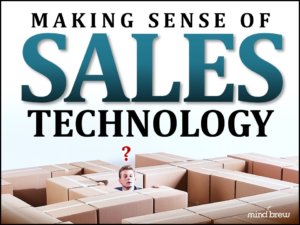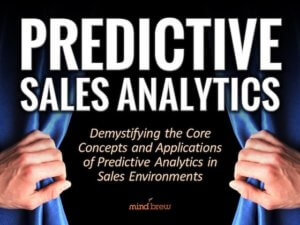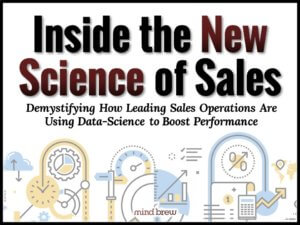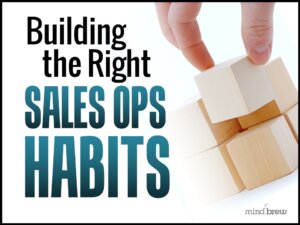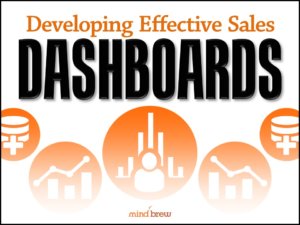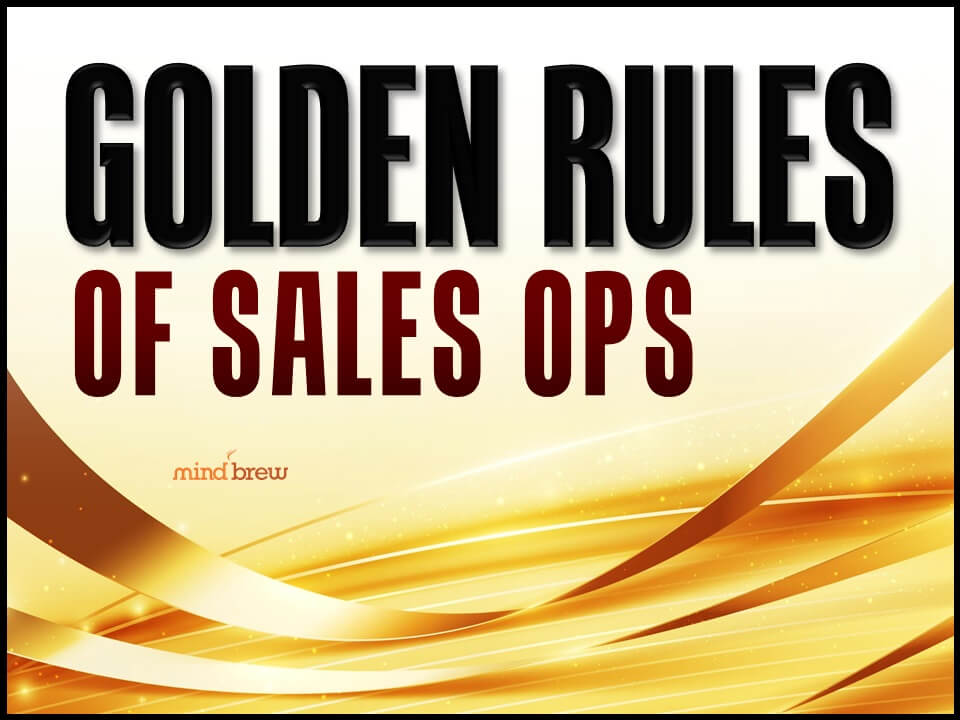Recently, an acquaintance in the technology industry took me to task for being an “optimization fan boy.” According to this person, I am obviously biased and I clearly favor optimization technologies over traditional analytics solutions.
To which, I cheerfully responded, “Hells yeah! Guilty as charged!”
Of course, this exchange was all in good fun. But upon reflection, it occurred to me that a more complete explanation could be beneficial to our subscribers.
So first off, I’m not kidding about being guilty as charged. I’m definitely biased. I’ve used both types of solutions and I do indeed favor optimization technologies over traditional analytics solutions. To better understand why, however, we have to delve into the differences between these solutions.
Generally speaking, traditional analytics solutions are designed to enable the manipulation and visualization of data by human analysts. These toolsets allow analysts to slice-and-dice data in a number of different ways, display and compare that data using a variety of different chart-types, and so on. With analytics solutions, it’s up to human analysts to interpret the data, draw conclusions, and recommend specific actions or decisions.
In sharp contrast, optimization solutions are typically designed to generate specific recommendations about how best to achieve a stated set of objectives. To generate these recommended actions or decisions, these tools will perform some extremely sophisticated data analyses and run a myriad of simulations, automatically, and without requiring much human effort or interpretation.
Now, you all know I love analogies. And I like to think of the differences between analytics and optimization solutions as being analogous to the differences between a roadmap and a GPS.
A traditional analytics solution is like a roadmap in that it pulls together a lot of data and puts it all right there at your fingertips. But beyond that, it doesn’t do anything on its own. It’s all up to you to make sense of the data, figure out where you’re at, and plot your own course to where you want to end up. And if you take a wrong turn, it’s up to you to study the map again and make course corrections.
On the other hand, an optimization solution is like a GPS in that it’s more objective-oriented, more prescriptive, and much more automatic. You just tell it where you want to end up and it will automatically analyze all of the available data to figure out the best way to get there. And as you move along and additional data comes in, it automatically adjusts and recommends any necessary course corrections.
When you think about the analogy, it’s easier to understand why I’m so biased in favor of optimization solutions. After all, no one who has used a GPS would claim that an old school roadmap is better…or even on par, for that matter! Though similar in purpose, a roadmap and a GPS are light years apart in terms of usability and efficacy.
Of course, there are certain situations and circumstances where a roadmap is all you’ve got, so you have to make the best of it. Similarly, if using an optimization solution is just not in the cards, you’ll have to do as much as you can with an analytics toolset.
But if you have the opportunity and wherewithal to use optimization technology, I believe you absolutely should go that route. And I also believe that if you’re going with a traditional analytics solution instead, you’d better have a really good reason…because you’re settling!
Fan boy, indeed.

